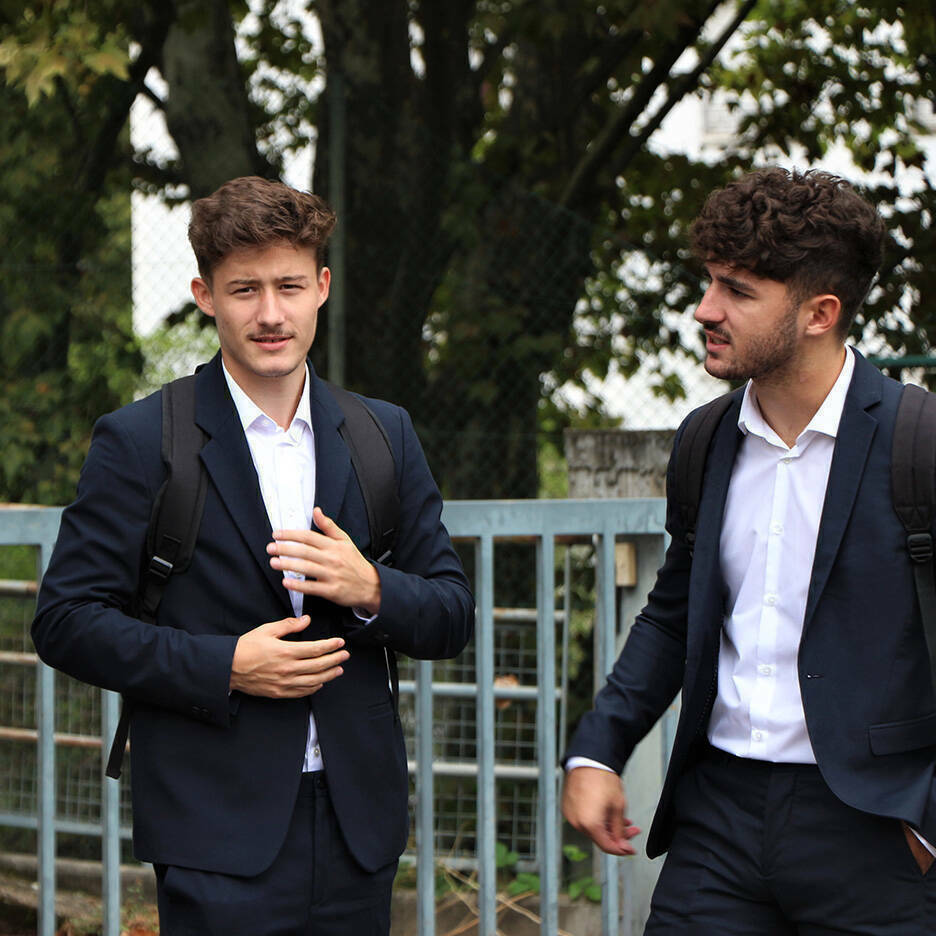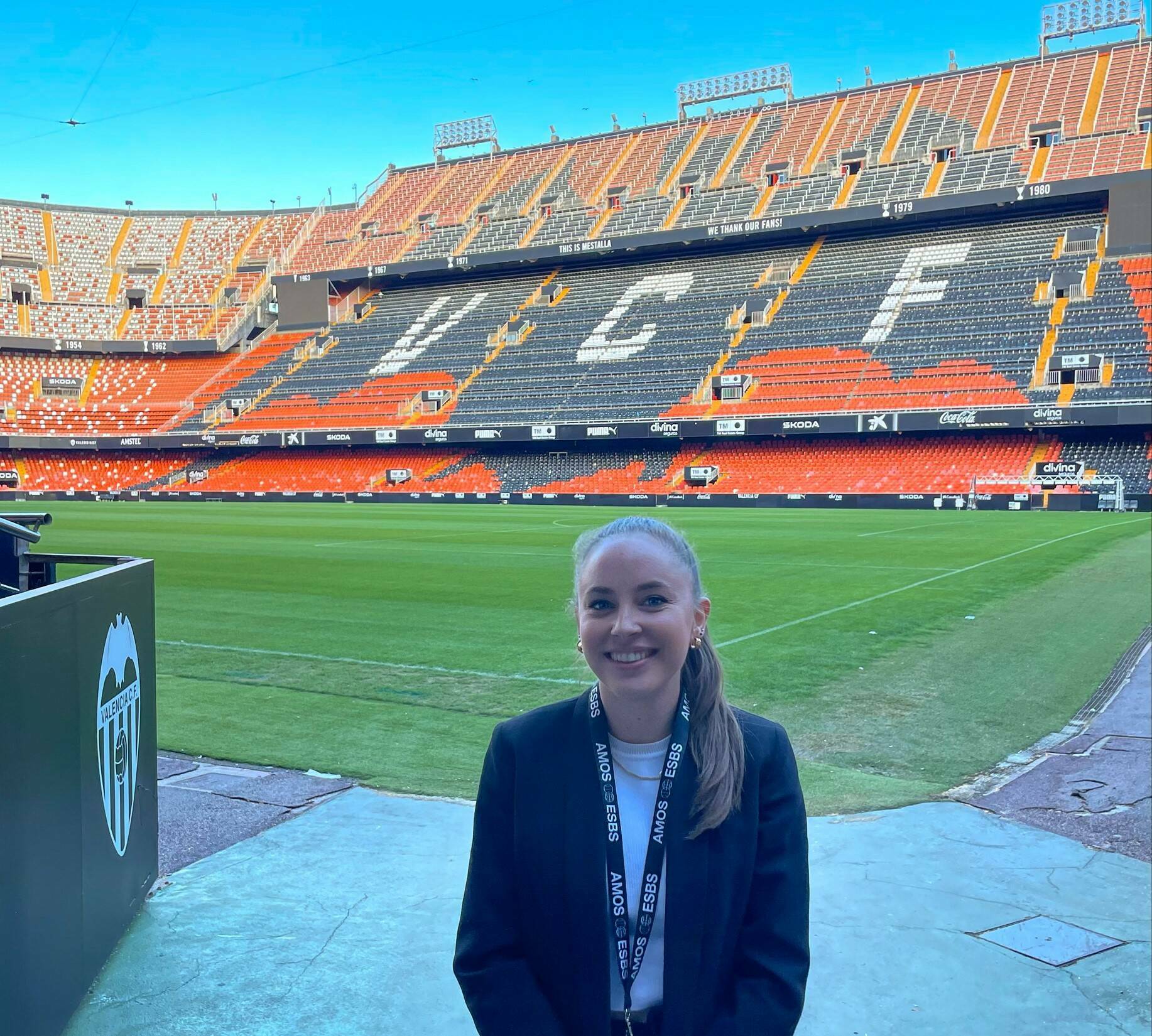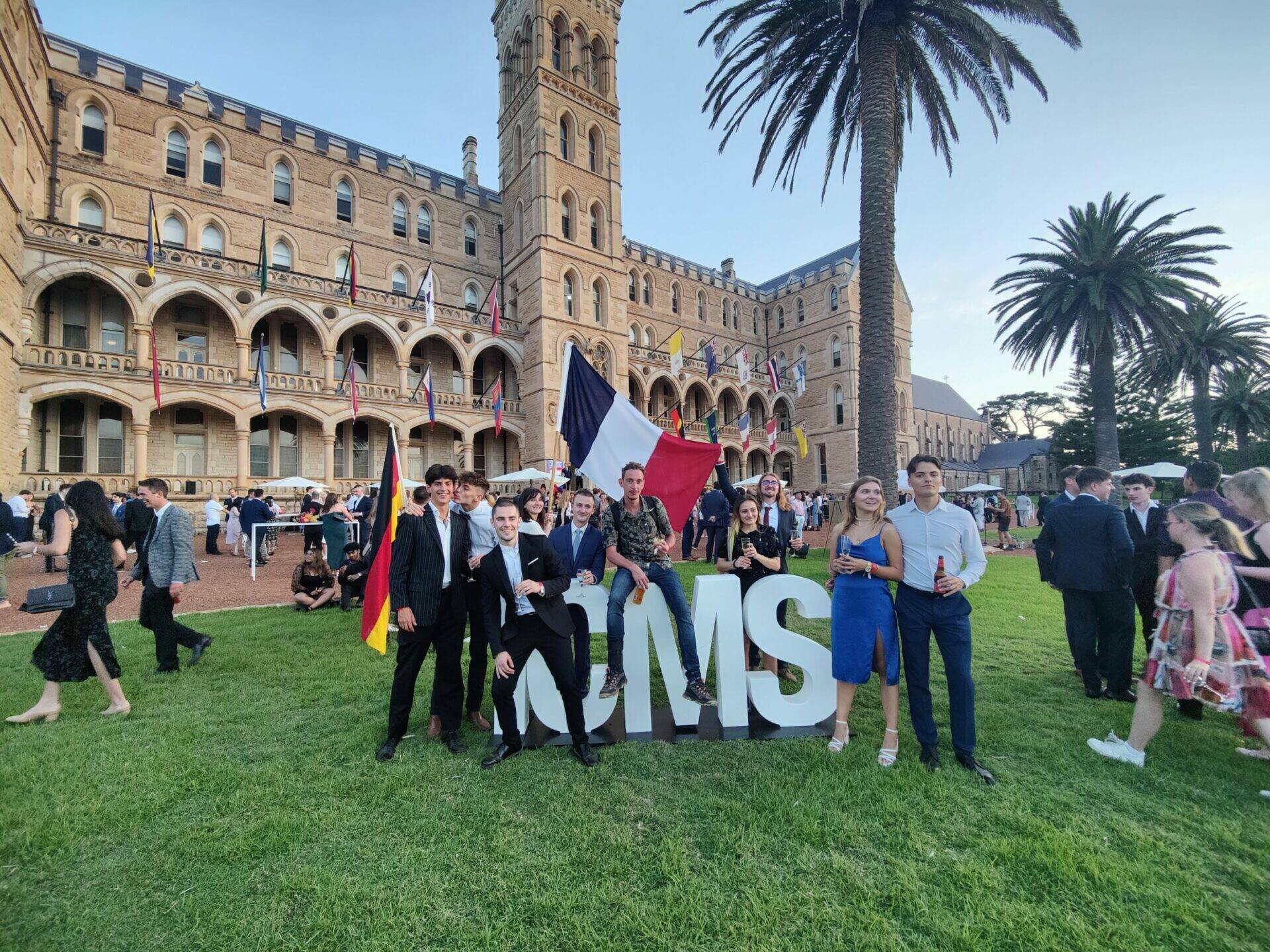Sports Director
HOW TO BECOME A SPORTS DIRECTOR
Sport plays an increasingly important role in local government. For public health reasons, of course, but also because of its potential benefits in terms of integration, community, self-transcendence and sharing.
However, developing safe and universally accessible infrastructures is no easy task. This is a task that requires implementing a consistent and sustainable sports policy. For example, by building facilities, encouraging the supervision of physical and sporting activities, developing extracurricular programs and competitions, as well as promoting access to sport in general.
Addressing such issues is the role of sports directors and their team. These seasoned professionals are experts in project management and public policy
What are public policies on sports?
According to Jean-Claude Thoenig, a sociologist specializing in public policy, public policies are defined as “interventions by an authority invested with public power and governmental legitimacy in a specific area of society or of the territory”. In other words, they are decisions taken by government representatives regarding specific issues in a given territory. Specifically, public policies on sport are typically long-term measures which aim to foster the development of sport in every form.
Therefore, they are in charge of setting priorities, budgets, sporting, social or cultural goals.
Here are a few examples which fall within the scope of sports public policies:
- Define the scope of action of sports educators in junior high schools
- Develop the importance of sports modules in popular education
- Create resource, expertise and sports performance centers (CREPS)
- Promote sports-related vocational degrees (French BPJEPS, BAFA, BAFD, DESJEPS, Brevet d’État d’éducateur sportif, BNSSA, STAPS…)
What are the duties of a sports director?
A sports director’s main duty will be to help elected representatives implement public policies in the field of sport. They will act as the representatives’ main point of contact for technical questions and for monitoring projects in line with the territorial agenda.
Attached to the sports department, these professionals may work at municipal, departmental, regional or national level, depending on their skills and qualifications. Consequently, most sports directors are top level local or national civil servants (agents de la Fonction publique territoriale /État catégorie A).
As part of their role, they work in close partnership with sports associations, managers of various sports leagues as well as with managers of private sports facilities. They act as an intermediary between various stakeholders in the field to implement programs that will satisfy the various parties involved, while respecting the goals set by elected officials.
Very often, sports directors are in charge of assessing the budget allocated to sport. Therefore, they must prioritize actions to be implemented over a given period of time.
To this end, they must discuss with a number of stakeholders, such as:
- The DRJSCS (Regional Department of Youth, Sports and Social Cohesion)
- the DDJS (Departmental Office for Youth and Sports)
- sports clubs
- water sports centers
- sports associations
- the local judo league or soccer club, for example
- vocational schools
- fitness centers
- top athletes
- sports educators
- the French volleyball, tennis or rugby federations
- sports event professionals,
- etc.
One of the sports directors’ key challenges is to attract private investors to sports to support project developments.
Contracts with local authorities help support the sports economy, and many private individuals rely on competitions and other large-scale annual events to develop their business. They too contribute to the development of sports.
As true sports enthusiasts in the broadest sense, sports directors must leave no one behind. Their role is to promote every sport, making sure that no federation is favored over another, which entails organizing events adapted to each and every one of the various existing disciplines.
Key qualities and skills required of a sports director
Sports directors are civil servants with top-level responsibilities. As previously mentioned, one of the priorities of their role is to successfully forge partnerships between local authorities, private stakeholders and the work groups they manage. Hence, good interpersonal qualities, the ability to compromise and good negotiating skills are key qualities
for this role.
Below is a list of required skills for the position of sports director:
- Be a stickler for safety rules and regulations
- Team management skills
- Versatility
- Good interpersonal skills and a long list of contact
- Ability to organize events and functions
- Ability to plan renovation, construction and maintenance projects
- Understanding of the needs and wishes of athletes and sports professionals
- Thoroughness and reliability
- In-depth knowledge of the world of sport
- Be a sports enthusiast
Salary range and career prospects
Most of the time, the sports director will be employed by the State or a public body, and his or her salary will certainly evolve with seniority. At the start of their career, they can expect to earn between 2,300 and 2,800 euros gross per month. There are plenty of opportunities for increases thereafter, especially if you embark on an international career. A senior sports director can expect to earn up to 5500 euros gross per month.
What qualifications are required to become a sports director?
There are a number of management school courses specializing in sport that can lead to the job of sports director. First and foremost, a course such as the International Sport Management Program will provide all the theoretical and practical foundations needed to devise public policies linked to sport.
It is also possible to follow a specialized Master’s degree in Sport Business, which trains students to manage a team and discover all the facets of project management in sport.
You’ll need between 3 and 5 years of study before you can apply to become a sports director. After this course, working on committees, in particular coordinating sports projects, can be a formative experience before applying for this prestigious position, which could lead all the way to the Ministry of Sports.
According to Jean-Claude Thoenig, a sociologist specializing in public policy, public policies are defined as “interventions by an authority invested with public power and governmental legitimacy in a specific area of society or of the territory”. In other words, they are decisions taken by government representatives regarding specific issues in a given territory. Specifically, public policies on sport are typically long-term measures which aim to foster the development of sport in every form.
Therefore, they are in charge of setting priorities, budgets, sporting, social or cultural goals.
Here are a few examples which fall within the scope of sports public policies:
- Define the scope of action of sports educators in junior high schools
- Develop the importance of sports modules in popular education
- Create resource, expertise and sports performance centers (CREPS)
- Promote sports-related vocational degrees (French BPJEPS, BAFA, BAFD, DESJEPS, Brevet d’État d’éducateur sportif, BNSSA, STAPS…)
A sports director’s main duty will be to help elected representatives implement public policies in the field of sport. They will act as the representatives’ main point of contact for technical questions and for monitoring projects in line with the territorial agenda.
Attached to the sports department, these professionals may work at municipal, departmental, regional or national level, depending on their skills and qualifications. Consequently, most sports directors are top level local or national civil servants (agents de la Fonction publique territoriale /État catégorie A).
As part of their role, they work in close partnership with sports associations, managers of various sports leagues as well as with managers of private sports facilities. They act as an intermediary between various stakeholders in the field to implement programs that will satisfy the various parties involved, while respecting the goals set by elected officials.
Very often, sports directors are in charge of assessing the budget allocated to sport. Therefore, they must prioritize actions to be implemented over a given period of time.
To this end, they must discuss with a number of stakeholders, such as:
- The DRJSCS (Regional Department of Youth, Sports and Social Cohesion)
- the DDJS (Departmental Office for Youth and Sports)
- sports clubs
- water sports centers
- sports associations
- the local judo league or soccer club, for example
- vocational schools
- fitness centers
- top athletes
- sports educators
- the French volleyball, tennis or rugby federations
- sports event professionals,
- etc.
One of the sports directors’ key challenges is to attract private investors to sports to support project developments.
Contracts with local authorities help support the sports economy, and many private individuals rely on competitions and other large-scale annual events to develop their business. They too contribute to the development of sports.
As true sports enthusiasts in the broadest sense, sports directors must leave no one behind. Their role is to promote every sport, making sure that no federation is favored over another, which entails organizing events adapted to each and every one of the various existing disciplines.
Sports directors are civil servants with top-level responsibilities. As previously mentioned, one of the priorities of their role is to successfully forge partnerships between local authorities, private stakeholders and the work groups they manage. Hence, good interpersonal qualities, the ability to compromise and good negotiating skills are key qualities
for this role.
Below is a list of required skills for the position of sports director:
- Be a stickler for safety rules and regulations
- Team management skills
- Versatility
- Good interpersonal skills and a long list of contact
- Ability to organize events and functions
- Ability to plan renovation, construction and maintenance projects
- Understanding of the needs and wishes of athletes and sports professionals
- Thoroughness and reliability
- In-depth knowledge of the world of sport
- Be a sports enthusiast
Most of the time, the sports director will be employed by the State or a public body, and his or her salary will certainly evolve with seniority. At the start of their career, they can expect to earn between 2,300 and 2,800 euros gross per month. There are plenty of opportunities for increases thereafter, especially if you embark on an international career. A senior sports director can expect to earn up to 5500 euros gross per month.
There are a number of management school courses specializing in sport that can lead to the job of sports director. First and foremost, a course such as the International Sport Management Program will provide all the theoretical and practical foundations needed to devise public policies linked to sport.
It is also possible to follow a specialized Master’s degree in Sport Business, which trains students to manage a team and discover all the facets of project management in sport.
You’ll need between 3 and 5 years of study before you can apply to become a sports director. After this course, working on committees, in particular coordinating sports projects, can be a formative experience before applying for this prestigious position, which could lead all the way to the Ministry of Sports.






